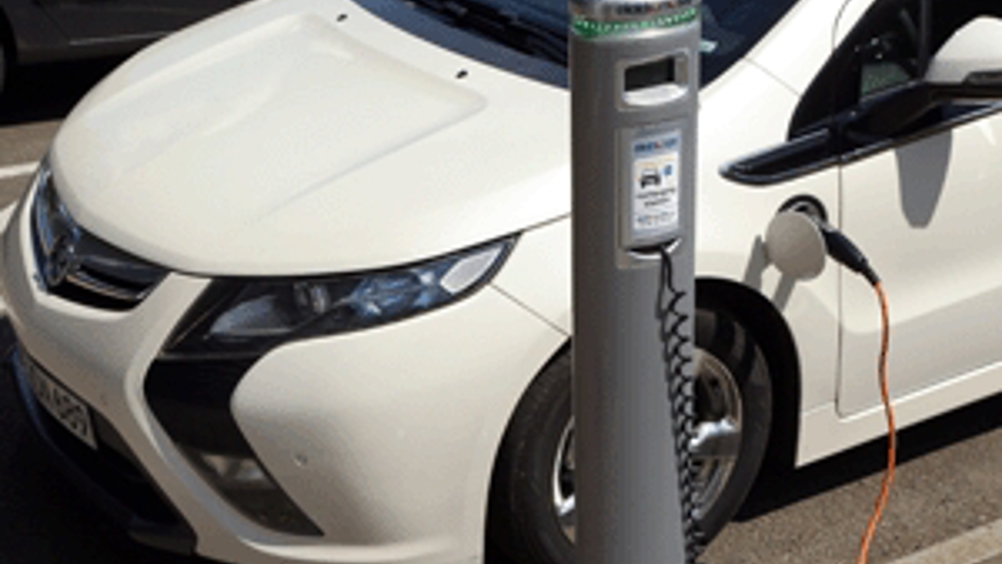Study uncovers barriers to adoption of electric vehicles
A new study from Deloitte has found that range, charging time, and purchase price are still barriers to the mass adoption of electric vehicles.

According to the survey of 4,760 European consumers, only 16 per cent see themselves as potential first movers to buy or lease an electric vehicle, while 53 per cent say they might be willing to consider it, and 31 per cent say they are not likely to consider purchasing or leasing an electric vehicle (EV).
David Raistrick, automotive partner and head of manufacturing at Deloitte UK, said: ‘There is no doubt that electric vehicles are the future of the automotive industry. However, while interest in electric vehicles is growing, with 69 per cent of respondents willing to consider an EV today, current market offerings generally fall far short of consumers’ expectations for driving range, charging time and purchase price.’
According to Deloitte, more than 80 per cent of European consumers surveyed said that convenience to charge, range, and the cost to charge were all key considerations when buying or leasing an EV.
David Raistrick said: ‘Our research shows that there are specific design targets that manufacturers must reach in order to entice car buyers.
Register now to continue reading
Thanks for visiting The Engineer. You’ve now reached your monthly limit of news stories. Register for free to unlock unlimited access to all of our news coverage, as well as premium content including opinion, in-depth features and special reports.
Benefits of registering
-
In-depth insights and coverage of key emerging trends
-
Unrestricted access to special reports throughout the year
-
Daily technology news delivered straight to your inbox










Water Sector Talent Exodus Could Cripple The Sector
Well let´s do a little experiment. My last (10.4.25) half-yearly water/waste water bill from Severn Trent was £98.29. How much does not-for-profit Dŵr...